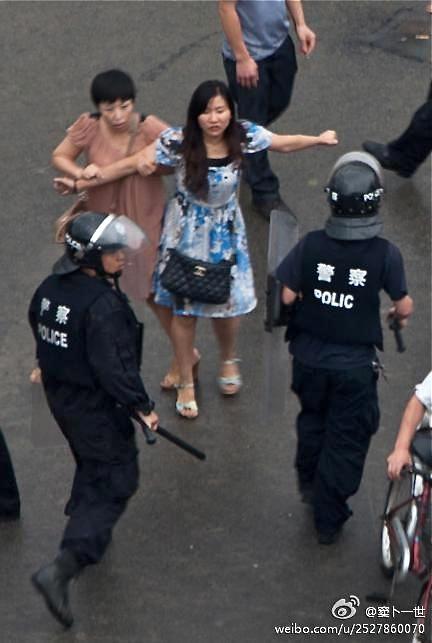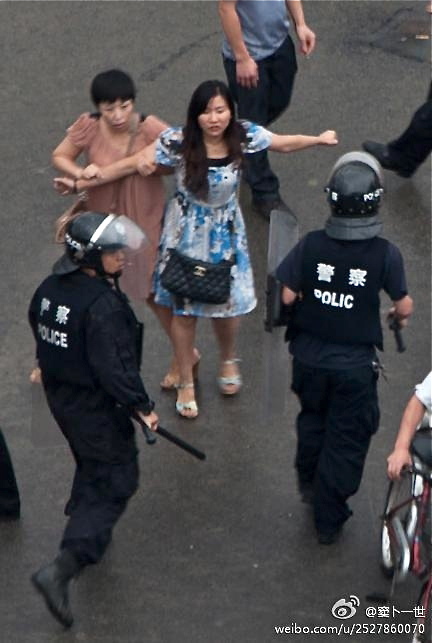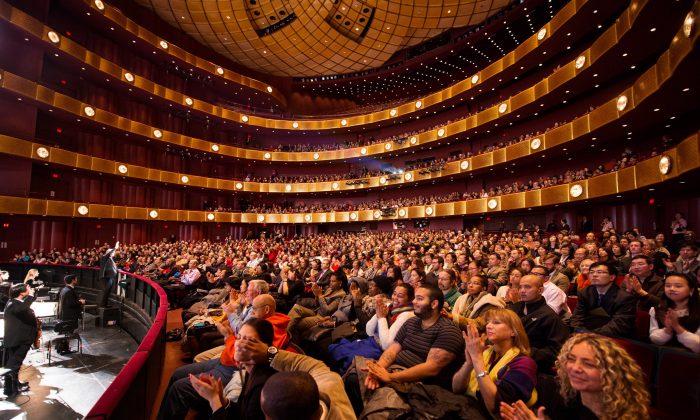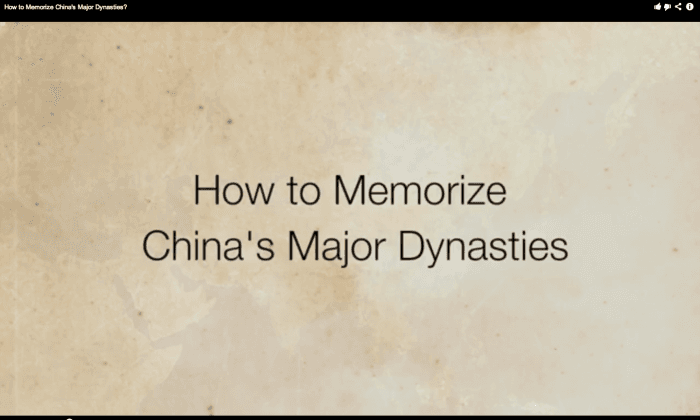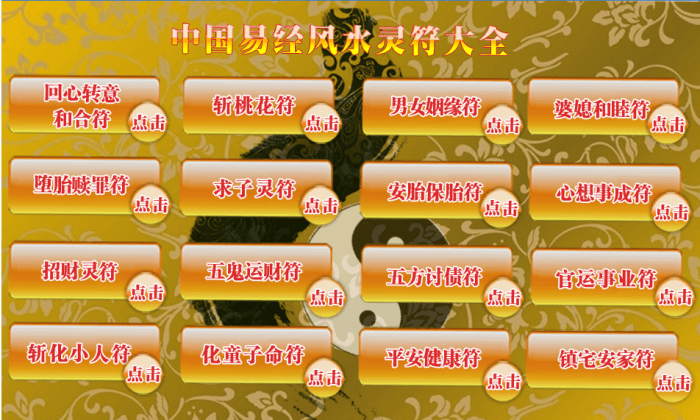After tens of thousands of Chinese in a small city in the southwest of the country took to the streets to protest an industrial project, overturning cars, storming government offices, and smashing public property—and after they were violently suppressed by riot police—the government retreated on its plans and released 21 of the people who had been arrested.
The violent protests in Shifang City, Sichuan Province, broke out Monday against the construction of a molybdenum-copper alloy refinery. Police quickly moved to disperse the crowds using tear gas and clubs. The violent means used to control the crowd drew strong criticism, however, with photos uploaded online of violence inflicted on the protesters, and some claims of people being beaten to death in the streets.
Youth Participation
The series of protests was partly characterized by the participation of a younger demographic, who are increasingly demanding rights in China’s communist system and expressing their dissatisfaction through social media.
Peking University professor Xia Yeliang, who regularly comments on social movements in the country, called it “something significant!” in an excited post on Twitter.
A slogan saying, “We can sacrifice ourselves, we who were born in the ‘90s,” appeared on a wall in Shifang, and was posted online.
“These are the most optimistic-sounding words ever spoken in the last 23 years,” one observer wrote, referring to the amount of time that has elapsed since the Tiananmen massacre in 1989. “The man born in the ‘60s who tried to stop the tanks with his own body, now has a successor,” the netizen said on Twitter, referring to an iconic image from the era.
Different Propaganda
The incident attracted enormous attention inside China, including from a number of high-profile commentators. The Chinese edition of the Financial Times ran an 8,500-character column citing media responses, including the lambasting of pro-government spokespeople like Kong Qingdong, who tried to defend local Party officials.
The pressure put on the authorities by protesters paid off. On the afternoon of July 3 in China, the Shifang City government announced it had halted plans to continue with the project.
Shifang authorities tried to make the most of it, attempting to turn the embarrassing reversal into a propaganda opportunity. The post on the city’s official Weibo said, “Many citizens have resolutely supported the grand decision of the City Committee, consciously protecting social stability, and actively improving people’s lives.”
A netizen lampooned the remarks on Weibo, saying, “You were obviously forced to cancel the project, but you turn around and pretend that people supported you. Do you bear any shame?”
Chinese Internet censors took a slightly more sophisticated approach this time. Rather than block outright searches for the term “Shifang,” as is the usual modus operandi, such searches were permitted—but they were deleted en masse, according to a review of recent deletions collected by China Media Project, run out of the University of Hong Kong.
Chinese netizens were quick to remark on an apparently related occurrence in the stock market: Shares of Chenguang Biotech Group shot up by 10 percent on July 3, amid the violent protests in Shifang. The company produces a number of food products, including capsaicin, which is used to make tear gas. The liberal use of tear gas by the police in Shifang was widely documented in accounts online.
When contacted by The Epoch Times to follow up the claim, staff passed the phone along four times. A manager then said: “I have no views on this. We have a product that is a precursor to the substances used in tear gas. We don’t make tear gas.”
The Epoch Times publishes in 35 countries and in 19 languages. Subscribe to our e-newsletter.
